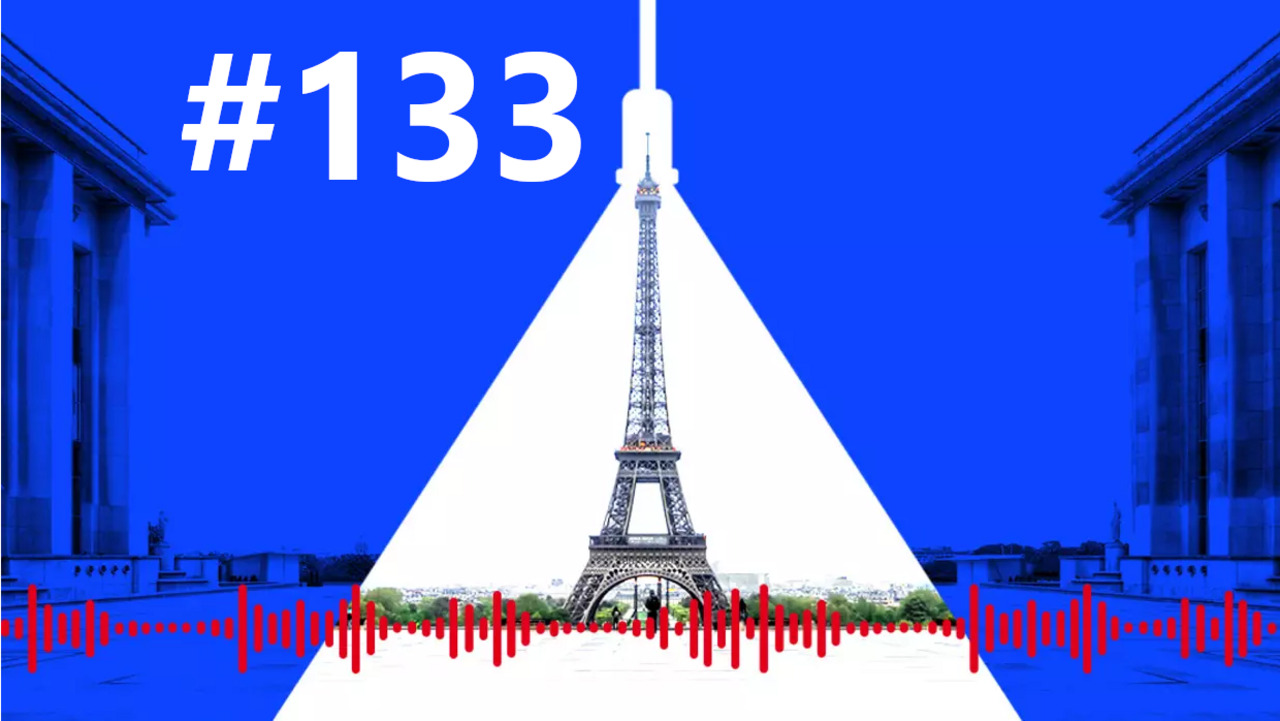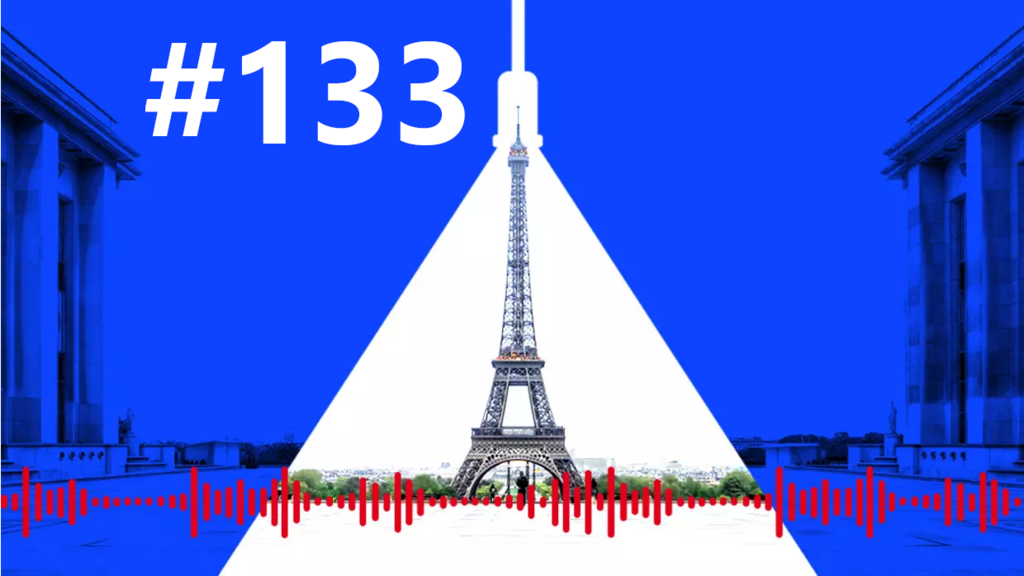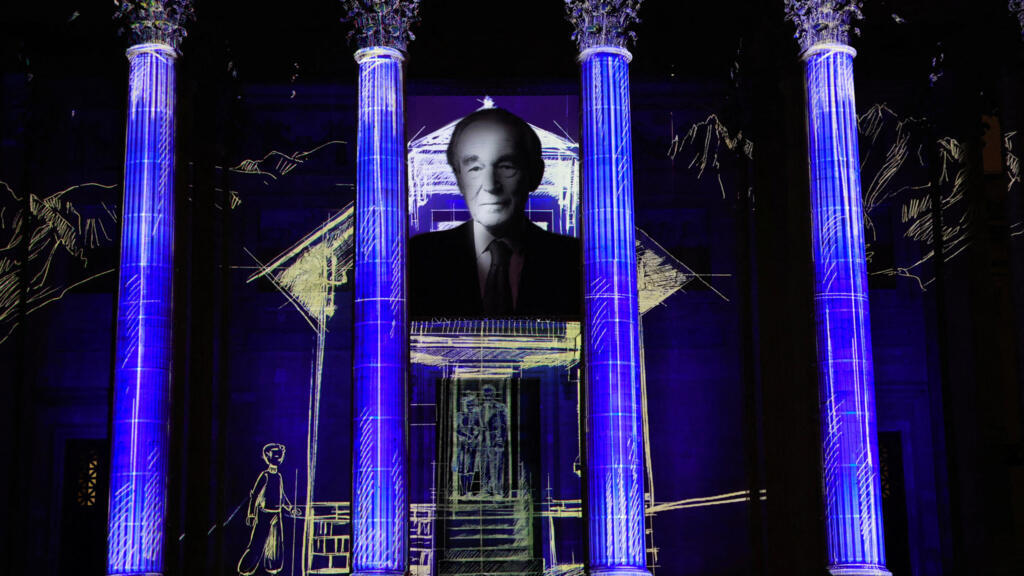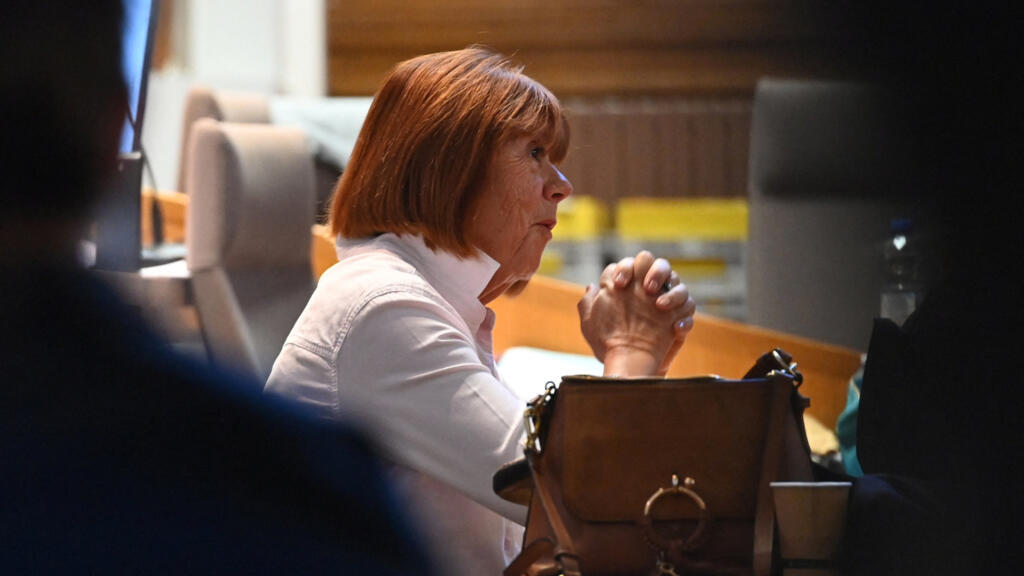Podcast: Taxing the ultra-rich, last paperboy in Paris, end of the death penalty


The proposal to tax the ultra-rich that could address some of France’s budget woes. The last paperboy in Paris, who has been hawking newspapers for nearly 50 years, tells of challenges and successes from Pakistan to Paris. And the man who ended the death penalty in France enters the PanthĂ©on.Â
As French politicians remain deeply divided over how to address the country’s growing deficit, one measure appears to unite public opinion across the political spectrum: the Zucman tax. Devised by 38-year-old economist Gabriel Zucman, the idea is to add a two percent tax on the ultra-rich, who often use holding companies to shield their wealth from income taxes. While the left sees it as fiscal justice, many on the right are concerned about additional taxes in a country that already has a lot, and maintain taxing the wealthiest will drive them abroad. (Listen @2′)
Ali Akbar left his native Pakistan aged 18, looking to make enough money to buy his mother a decent home. Since arriving in France in 1973, he’s managed to do just that – selling newspapers like Le Monde on the streets of Paris’s Left Bank district. A popular figure in the neighbourhood, Akbar – the capital’s last remaining hawker – was recently selected for the National Order of Merit by President Emmanuel Macron, a former customer. He talks about loving his work, the collapse of the newspaper culture and how recognition by France will help to “heal” the injuries of his past. (Listen @18’30”)
France abolished the death penalty on 9 October 1981. Forty-four years later, the justice minister who fought to change the law, Robert Badinter, is entering the Pantheon, the monument dedicated to French heroes. (Listen @11′)
Episode mixed by CĂ©cile Pompeani
Spotlight on France is a podcast from Radio France International. Find us on rfienglish.com, Apple podcasts (link here), Spotify (link here) or your favourite podcast app (pod.link/1573769878).






Comments 0